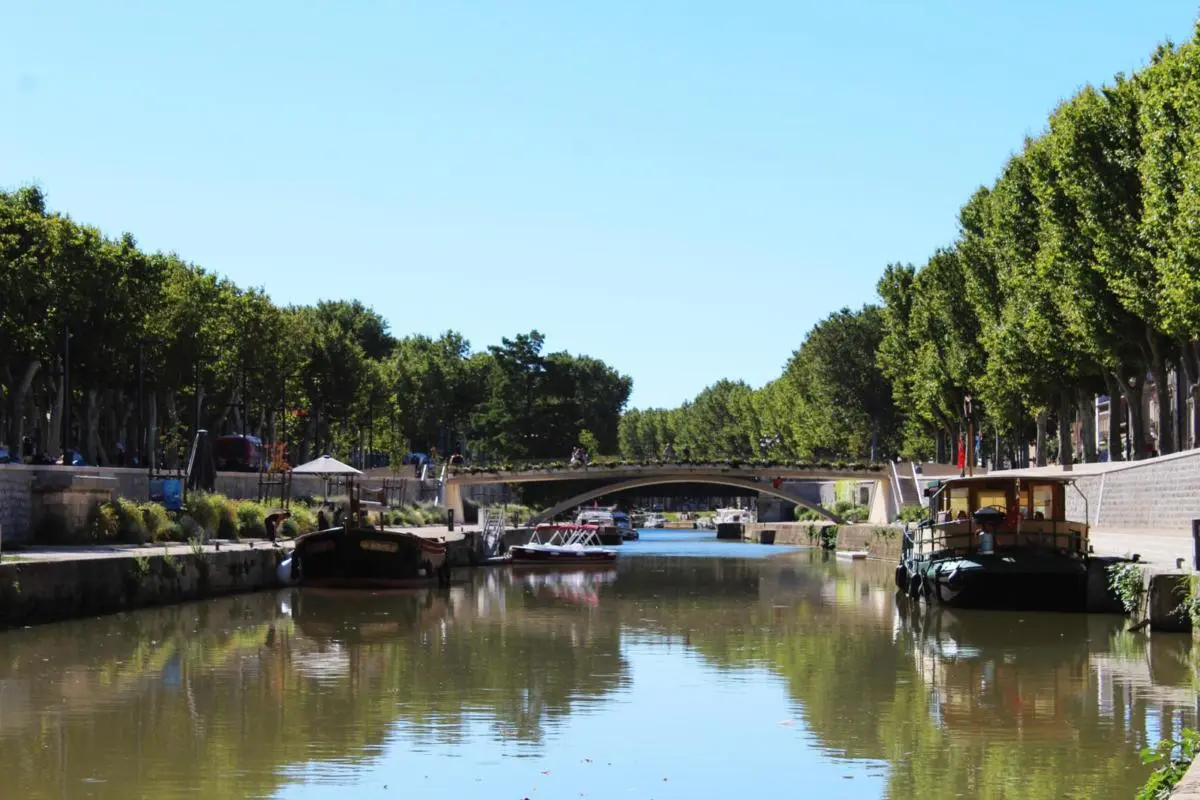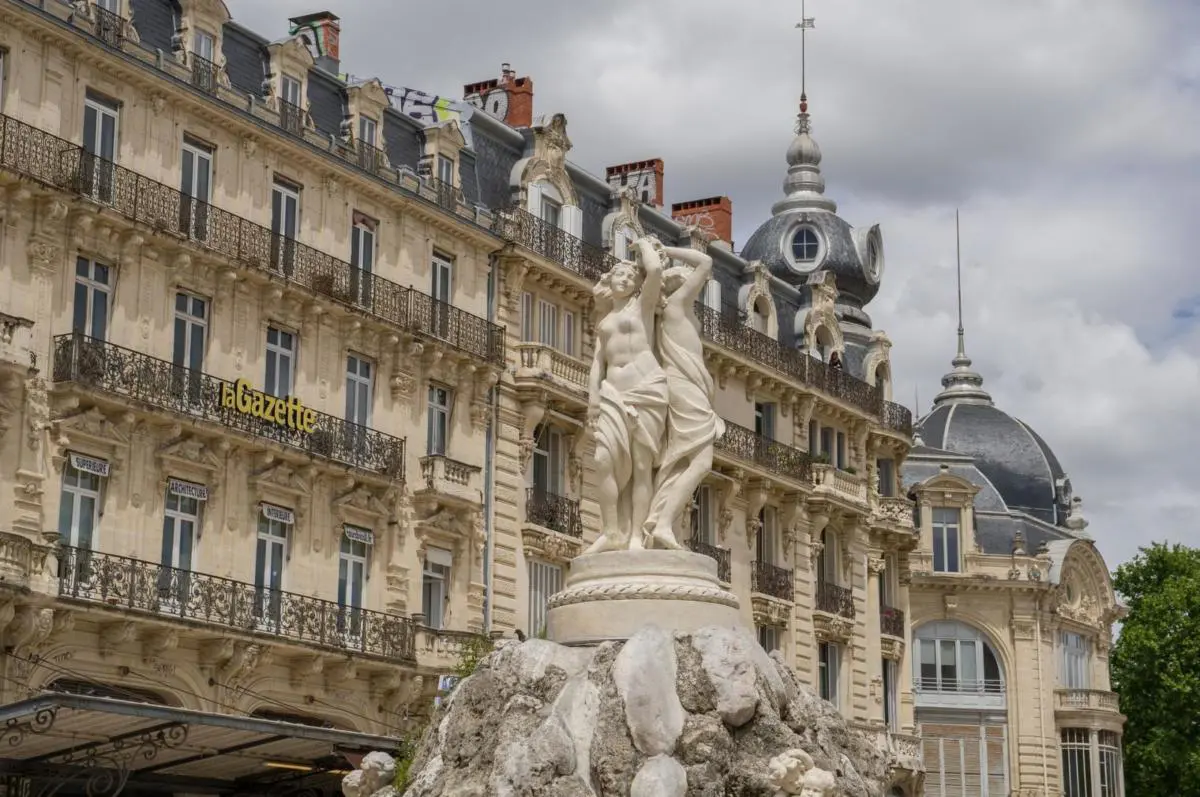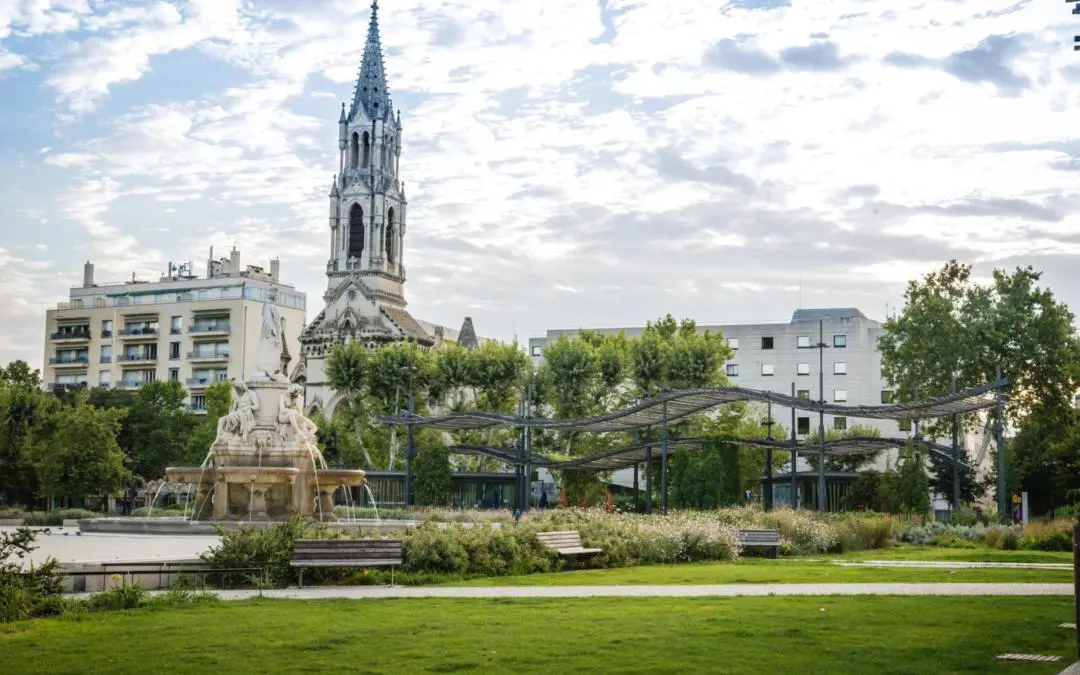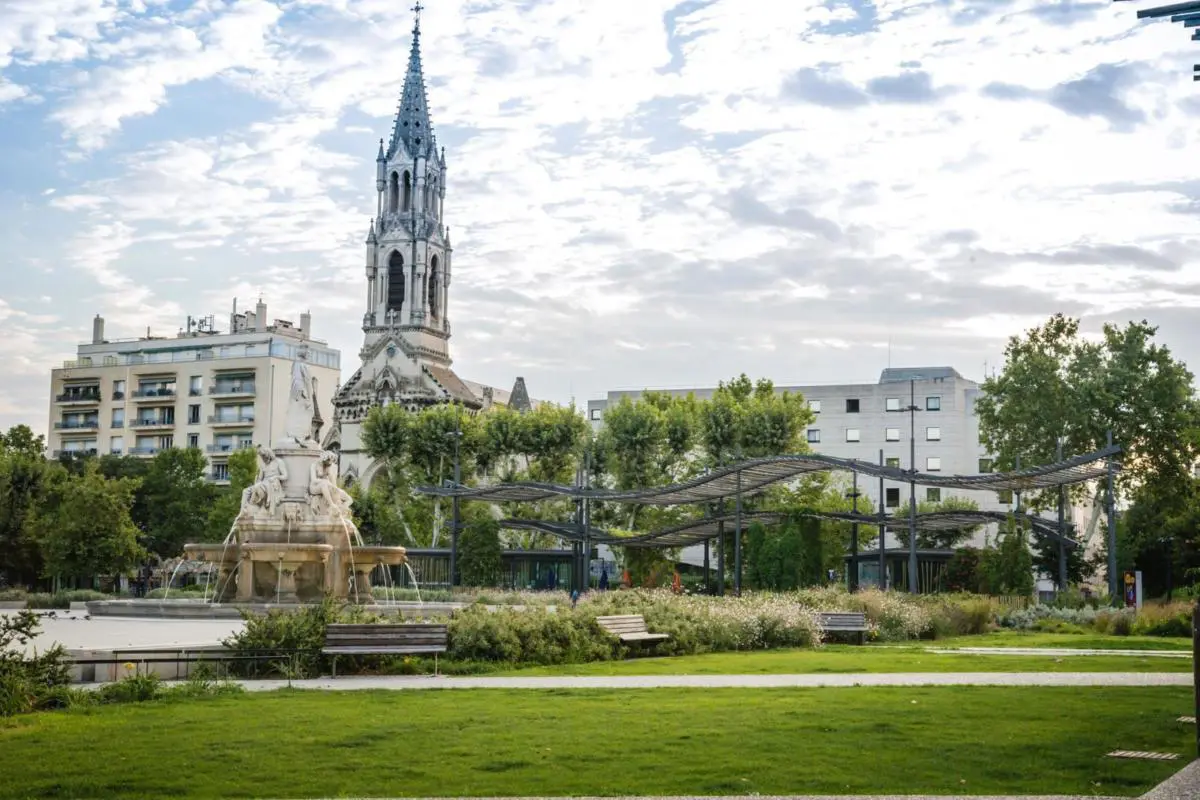Considering buying a Languedoc property? Great idea! But first, read our handy pointers to help you decide whether a city pied-à-terre might suit you better than a place in the country.
The south of France is dotted with small, sleepy villages and endless swathes of vineyard. Ancient, stone-built village houses, converted barns and farm houses are often popular with non-French buyers who thrill to the charms of character property, the peaceful setting and (comparatively) affordable prices.
However, rural property can have its drawbacks. While a house in the Languedoc countryside can provide idyllic accommodation in summer and may even generate some rental income if you decide to rent it out to vacationers, it may sit empty throughout the winter while you, the owner, pay property taxes and maintenance costs, year-round.
On the other hand, an urban base has the potential to be occupied 365 days a year by a combination of tenants on long-term contracts, overseas visitors booking for long weekends… and of course, you!
With low-cost flights from the UK and other European cities to many French destinations (not forgetting the Eurostar train connection between France and the UK), it is easy for Europeans to experience the Gallic city-slicker lifestyle, and the year-round convenience and sophistication of urban life packs a powerful punch.
And don’t forget, there’s more to urban France than Paris: in the south, the lively cities of Béziers, Nîmes, Narbonne, Montpellier, Carcassonne and Perpignan all boast airports and are served by high speed TGV trains.

Image by Ben Lescure from Pixabay
City property plus points
The classic 19th century residences found in many large French cities are divided up into airy apartments that can be made to pay their way. Decorated stylishly and marketed astutely, they appeal to urbanites attracted by the bars and restaurants, boutiques, art galleries, theatres and cinemas which stay open whatever the season. This type of rental apartment can be marketed for long weekend breaks and makes a great alternative to boutique hotels, offering more space and amenities for (in many cases) less money.
Similarly, modern apartment blocks with double glazing, central heating and good insulation make for cost-efficient ownership and provide peace of mind. You can visit whenever the fancy takes you, and then simply lock up and leave.
As an investment, urban property offers sound rental and resale potential as well as long-term growth. For real capital appreciation, choose locations earmarked for regeneration (the Languedoc town of Béziers is a case in point) or which have a well-established popularity with potential to expand, like Montpellier.

Image by jacqueline macou from Pixabay
Spotlight on Montpellier
Situated in the south of France, Montpellier is one of the country’s most dynamic destinations. Europe’s fastest-growing city (an estimated 1,500 newcomers make their home here every month), the average age of its inhabitants is amongst the lowest in France – hence the city’s reputation as a mecca of cool.
Montpellier’s medieval heart is ringed by sweeping boulevards lined with elegant buildings dating back to the 1900s. Slap bang in the centre, the vast open space of Place de la Comédie is the hub of this buzzy metropolis; leading off from this main square are a number of wide, pedestrianised streets punctuated by palms and plane trees, featuring some prime examples of Haussmann-style architecture with high ceilings, marble fireplaces, parquet floors and ironwork balconies. An apartment here would offer spacious, stylish accommodation for a family or group of friends, and would be ideal as a permanent home or chic vacation rental.
The rationale for investing in France’s eighth-largest city is obvious: Montpellier’s vast student population will always need rental options. However, with its many social, cultural and retail options, proximity to the Mediterranean and easy access by road, rail and air, this is also a great place to own a base for purely personal use.
Urban pad ownership: what you need to know
Town centres can be tricky when it comes to parking and access. However, be sure to factor in how much money you’d spend on petrol, motorway tolls and car maintenance if you buy a home in a remote location.
A city centre location commands a price premium – expect to pay two or three times as much as you would for a remote country bolt hole of similar size and specification.
Apartments are typically situated in buildings with common areas (copropriété). If you purchase an apartment you will also own a share of areas such as hallways, stairs, cellars and lifts, and you will have to contribute to the cost of their upkeep. Check the financial implications by asking to see details of repair work, service charges and management fees for previous years.
Nowhere is perfect. Purchase a pied-à-terre in an urban setting and there’s always something going on. If your French home is in a lively part of town, you may regret it in the height of summer when windows are thrown open and revellers throng the streets, day and night.
Always choose a property to renovate in a good area over a dream home in a less desirable neighbourhood. You can make home improvements, but a location is for life.
As the owner of a French property you will be liable for land/property tax (taxe foncière), and anyone who resides in a property (owner, tenant or rent-free) is liable for residential tax (taxe d’habitation). Note that the bigger/more valuable the property, the more tax you may pay.
Finally, our top tip: try before you buy! Reality can be different from your dreams. Visit your chosen destination at different times of year to get a feel for its year-round potential, and consider renting before buying. This will help you to make your property purchase with confidence.
Annette is Renestance’s 'go to' girl for all things marketing and social media. Bilingual and originally from Surrey in the UK, Annette has lived in France since 2008. In addition to her web design and marketing consultancy, Annette is the founder of Languedoc Jelly (a network of free events across the region for anyone working from home) and also Urban Sketchers Languedoc (part of a global community of people that like to draw or paint on location). A fan of all things French and Franglaise, she also has a Citroen 2CV called Beryl.
All articles by: Annette Morris



